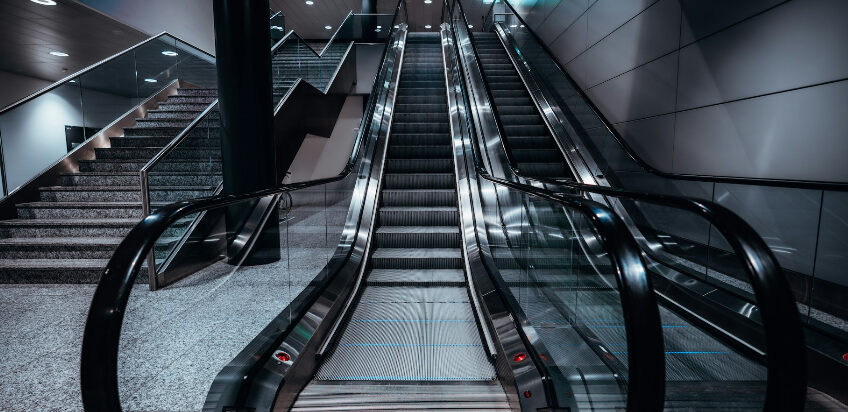Escalators, found in shopping malls, airports, and transit stations across New Jersey, are designed to facilitate convenient movement between floors. However, when injuries occur on these moving staircases, determining liability can become a complex issue. This comprehensive guide explores the legal landscape surrounding escalator injuries in New Jersey, examining the responsibilities of property owners, maintenance companies, and manufacturers, as well as providing insights into the steps injured parties should take to pursue legal action.
Understanding Escalator Safety and Liability
Escalators must adhere to stringent safety standards to prevent accidents. In New Jersey, property owners who have escalators on their premises are required to ensure these machines are safe and well-maintained. Liability in escalator accidents can fall into several categories:
- Property Owner Negligence: If an escalator injury results from a property owner’s failure to maintain the escalator properly, the owner could be held liable. This includes not conducting regular inspections or ignoring known issues.
- Defective Product: If the escalator’s design or manufacturing is flawed, the manufacturer might be liable for any resulting injuries.
- Maintenance Faults: Often, escalators are maintained by third-party companies. If these companies fail to adhere to safety standards or neglect necessary repairs, they can be held responsible.
Common Causes of Escalator Injuries
Escalator injuries can occur for a variety of reasons, including:
- Loose or Missing Parts: Steps that are damaged or missing can create significant trip hazards.
- Improper Operation: Sudden stops and starts can cause falls, especially if the escalator is operating at an improper speed.
- Entrapments: Clothing, shoes, or limbs that get caught in escalator components like the sides or ends can lead to severe injuries.
Legal Framework in New Jersey
New Jersey’s premises liability laws require that property owners maintain a reasonably safe environment for visitors. This duty of care extends to ensuring that all machinery, including escalators, is safe for public use. If an owner is aware of a hazard and fails to correct it, or if the owner should have been aware through proper maintenance routines, they can be held legally accountable for any accidents that occur.
Steps to Take After an Escalator Injury
If you are injured in an escalator accident, following these steps can help protect your legal rights:
- Seek Medical Attention: Your health is the priority. Immediate medical documentation also serves as proof of your injuries.
- Report the Incident: Inform the property management about the accident as soon as possible. Request a written report and obtain a copy for your records.
- Document Everything: Take photographs of the escalator, your injuries, and any visible defects on the escalator. Gather contact information from witnesses.
- Preserve Evidence: Keep any clothing or personal items damaged during the incident as they can serve as evidence.
- Consult a Personal Injury Attorney: An attorney who specializes in escalator injuries can offer valuable advice and help you navigate the complexities of filing a claim.
Pursuing a Legal Claim
To successfully claim compensation, you must demonstrate that the property owner, maintenance company, or manufacturer failed to meet their legal obligations. This typically involves proving negligence or a breach of warranty. A skilled attorney can help compile the necessary evidence, represent your interests in negotiations, and, if necessary, litigate your case in court.
Conclusion
Escalator injuries in New Jersey can result in significant physical and financial hardship. Understanding the roles and responsibilities of property owners, maintenance companies, and manufacturers, and taking the appropriate legal steps, are crucial for those affected. By following the guidelines outlined above and seeking professional legal counsel, individuals injured in escalator accidents can effectively pursue the compensation they deserve.
